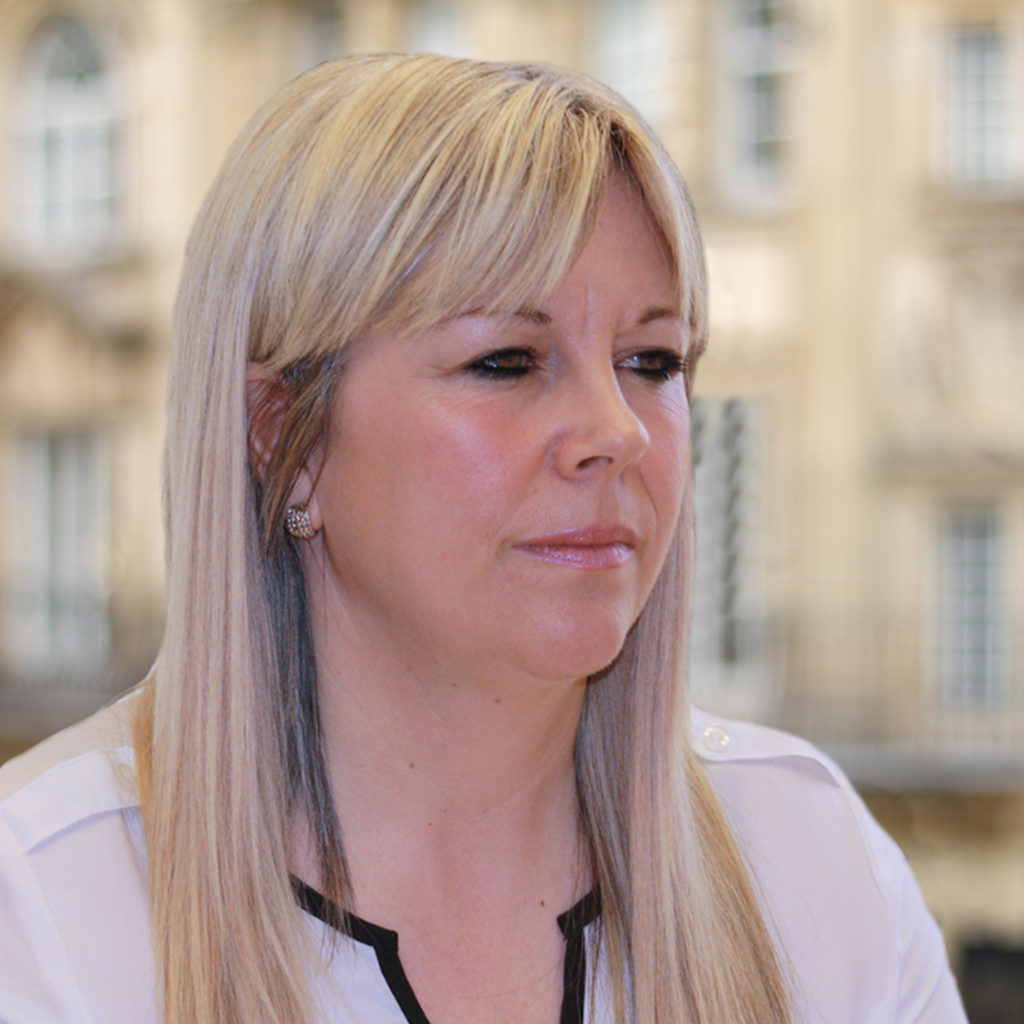- People
- Expertise
Der 10.000 Stunden-Unterschied
Wussten Sie, dass 10.000 Stunden „entwickelter Praxis“ als Marke gilt, ab der man ein Experte oder eine Expertin ist? Gute Nachrichten: Jeder gunnercooke Partner und jede gunnercooke Partnerin hat schon mehr als 10.000 Stunden anwaltlich gearbeitet. Sie haben hier also nur mit ausgewiesenen Rechts-Expert*innen zu tun.
- Our Approach
- News & Insights
- Join Us
- Get in Touch
What is Overage?
Overage (also known as claw-back or uplift) is an agreement whereby the buyer of land will pay extra, on top of the purchase price, if and when certain ‘events’ occur which lead to an increase in the value of the land. Typically, this would arise if planning permission is obtained for development, or a higher value use.
Overages are popular with sellers as they allow a seller to sell at the current market value without having to forgo a share (if realised) in the development potential of the land. They work best where a property has a potential future development value but the seller wishes to sell the property at current time, or does not have the resources itself to promote the land through the planning process.
When will Overage be triggered?
The triggers for an overage payment may include:
- The grant of a new planning permission
- The grant of planning permission for a more valuable use of the land
- Construction of more than a specified number of houses on the land
- Construction of a larger than specified commercial development
- ‘Flipping’ the land, where the seller wants to prevent the buyer from taking advantage of a rapidly rising market to make a quick profit from the land
How long does Overage last?
Overage can be imposed for any number of years. There is no minimum or maximum period but where development is more likely to happen in the short term, 5 – 10 years is more reasonable. Where development is less likely to occur in the immediate or mediate term, then typically an overage of 25 years or more is most likely to be agreed.
How much overage will the seller get?
The seller must get the balance right between obtaining a stake in the profit and still making it attractive for buyers to invest time and money into developing the land. If most of the profit is to go to a previous seller, a buyer will not be incentivised to increase the value of the land. Buyers will therefore wish to ensure that the cost of obtaining planning is deducted from the uplift and that the seller’s percentage profit is based on the net rather than gross value of the land.
How will the overage payments be secured?
An Overage is a personal obligation and, unlike restrictive covenants, they do not automatically bind the land. It is, therefore, imperative that the seller’s interest is protected. There are a number of ways to do this:
- Taking a charge over the land – this option works well for sellers but is not favoured by buyers as banks can be unwilling to lend against properties which already have charges against them
- Retaining a ransom strip – the idea is that the ransom strip would be transferred to the buyer on payment of the overage. This works best where there is a one off payment of overage. Where there are several payments, a ransom strip becomes more complex.
- Registering a restriction against the title to the burdened land at the Land Registry – this is the most favoured approach as it allows a buyer to deal freely with the land provided the terms of the restriction are complied with. The restriction would normally oblige a new owner to enter into a direct covenant with the seller so that the overage is enforceable by the seller as a contractual obligation against all owners of the land.
In most cases, the overage will be a one-off payment, payable when the uplift in value is realised. However, care must be taken with this approach as an unscrupulous buyer could obtain planning permission for a low-value development, clear off the overage, and then reapply for a higher value development.
How we can help
Overages are highly complex and there are many traps a seller or buyer could fall into. It is, therefore, imperative that if you are thinking of entering into an overage, that you take expert legal advice from the outset.
Our East Midlands Team at gunnercooke comprise some of the most experienced commercial property lawyers in the industry and will be able to advise you on all aspects of an overage agreement.
We offer a free initial meeting, or chat on the phone to all new clients.
Team contact details

Bev Simms
Real Estate Partner
Email Bev | +44 (0) 7983 426 786
.
.

Mike Taplin
Real Estate Partner
Email Mike| +44 (0) 7447 054 054
.
.

Brendan Walsh
Real Estate Partner
Email Brendan| +44 (0) 7733 124 865